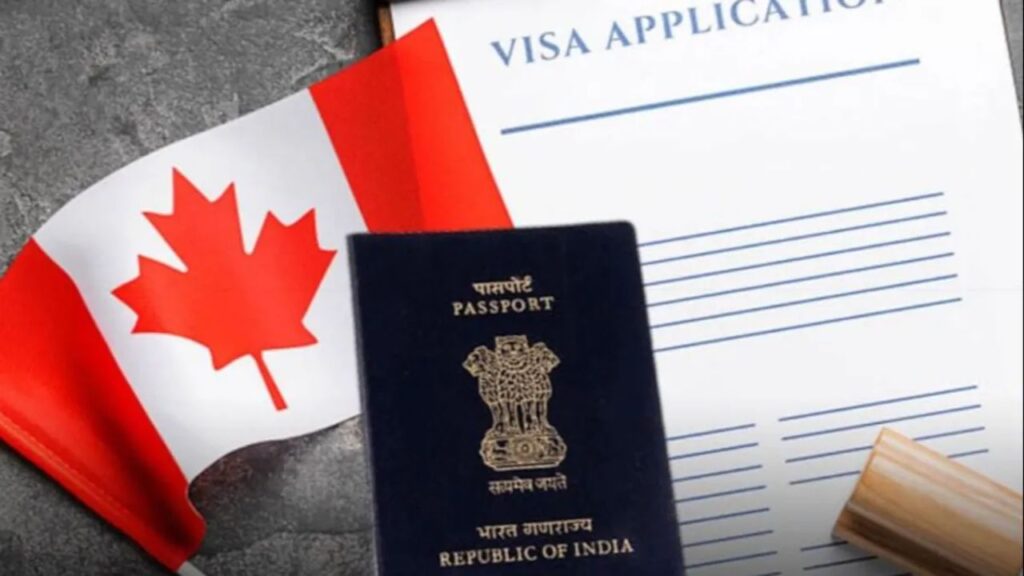Canada Higher financial evidence requirements and restricted work licenses for spouses of international students are two more stringent measures.
With effect from Friday, November 8, 2024, Canada has abruptly ended its popular Student Direct Stream (SDS) program, which has facilitated the expeditious acquisition of visas for thousands of overseas students.
The Immigration, Refugees and Citizenship Canada (IRCC) introduced the SDS in 2018 with the goal of streamlining the visa application process for students who met certain conditions from 14 countries, including China, India, and the Philippines.
English or French language exam results and a $20,635 CAD Canadian Guaranteed Investment Certificate (GIC) were among the prerequisites. Successful applicants were able to obtain study permits in a matter of weeks thanks to the expedited procedure, although Indian applicants typically have to wait eight weeks for approval under the traditional approach.
The government set a maximum of 437,000 new study licenses for 2025, encompassing all educational levels, including postgraduate programs, as part of its 2024 policy changes.
Tougher academic and language criteria for students hoping to be eligible for the Post-Graduation Work Permit (PGWP), fewer work permits for spouses of overseas students, and increased financial proof requirements are some additional stringent measures. With a record 807,000 study visa holders in 2023, Canada is attempting to strike a balance between the advantages of its foreign education sector and the need to relieve pressure on housing and services.
International students are now subject to stricter eligibility requirements and higher wait times as a result. Advisors advise students to start planning their visas far sooner than they used to in order to deal with the new, more restrictive environment.
